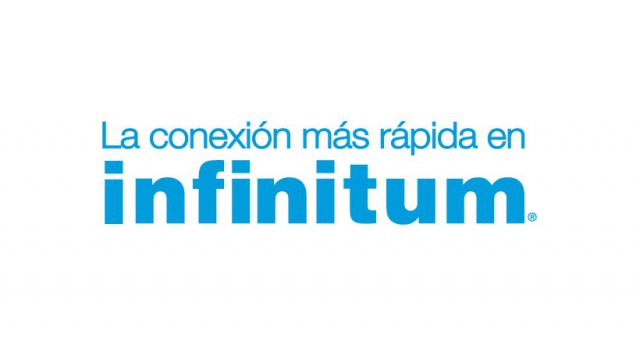
Telefonos de Mexico is known as Telmex, the country's largest telecommunications provider.
Mexico’s largest phone company Telefonos de Mexico SAB is not about to allow themselves to be outgunned by upstart competitors like mobile-phone carrier Grupo Iusacell SA, which is installing fiber to the home broadband service in up to 40 cities offering 100Mbps speeds. Now they are working on a fiber to the home network of their own, planned to reach up to one million Mexicans by the end of this year.
Mexico’s broadband expansion is coming on all fronts. Cablevision (no relation to the U.S. company with the same name) is delivering cable broadband service to an increasing number of cities. But news that consumers will soon have the choice of not one, but two fiber to the home networks has the country buzzing with excitement.
“Fiber-to-the-home is the best technology that exists,” Martin Lara, an analyst at Corp. Actinver SAB in Mexico City told Bloomberg News. “It’s going to be good for the consumer.”
The broadband speeds in Mexico will rapidly exceed those in the United States if the two fiber providers end up in a speed and pricing war . For now, Telefonos plans on offering packages of 10, 20 and 50Mbps to subscribers. That may increase to 100Mbps if competitors make an issue about maximum available speeds. That’s quite a change from traditional DSL packages from Telefonos, which range from 1-5Mbps in most areas.

Upstart Iusacell is Mexico's third largest cell phone provider, but it has big plans for fiber-to-the-home service.
Iusacell, mostly known for its cell phone service, is building its own quad-play of wired fiber broadband, television, and telephone service — wireless and wired. It’s Totalplay package risks Telefonos’ decades of dominance in the Mexican telecommunications marketplace, so the phone company is investing to compete. The company’s Telmex landline customers are switching to wireless just like customers in the United States and Canada, so developing an attractive multi-element package is critical to keeping customers.
Mexico’s telecommunications laws are different from those in the United States. Mexico’s dominant phone company has traditionally been prohibited from offering video services to their customers — a policy designed to protect cable providers and other competitors from heavyweight competition. Those policies are likely to be revisited as a result of competitive fiber initiatives. Additionally, Mexican providers have not been required to wire entire communities as part of operating agreements, and many don’t. Instead, most cable and fiber providers build in lucrative neighborhoods where higher income residents live, often leaving poorer neighborhoods unwired. Foreign investment is also common in Mexico, with American and British companies joining Mexican super-billionaire Carlos Slim in financing and/or building out the advanced networks.
Mexico’s decision to adopt the latest fiber technology straight to customer homes increases questions about why American providers are mostly unwilling to do the same.
 With AT&T’s arrival in the Mexican wireless marketplace with its purchase of Iusacell and Nextel, América Móvil is responding with plans to build a new state-of-the-art $50 billion fiber-to-the-home network for Mexican consumers.
With AT&T’s arrival in the Mexican wireless marketplace with its purchase of Iusacell and Nextel, América Móvil is responding with plans to build a new state-of-the-art $50 billion fiber-to-the-home network for Mexican consumers.

 Subscribe
Subscribe


